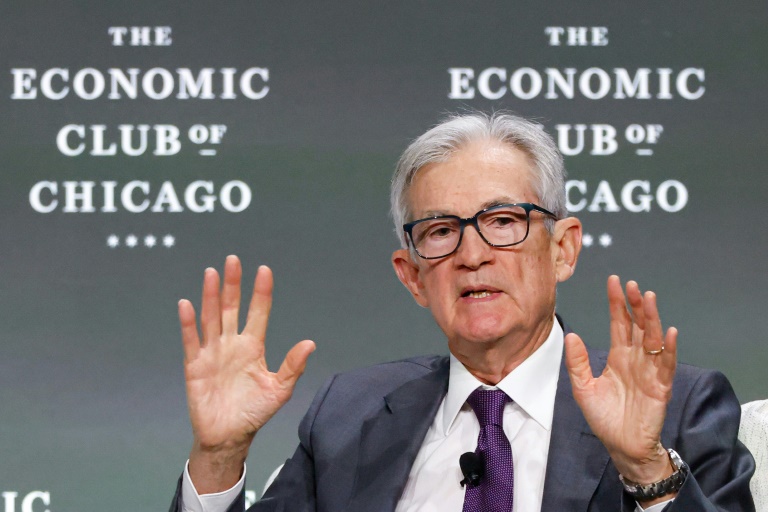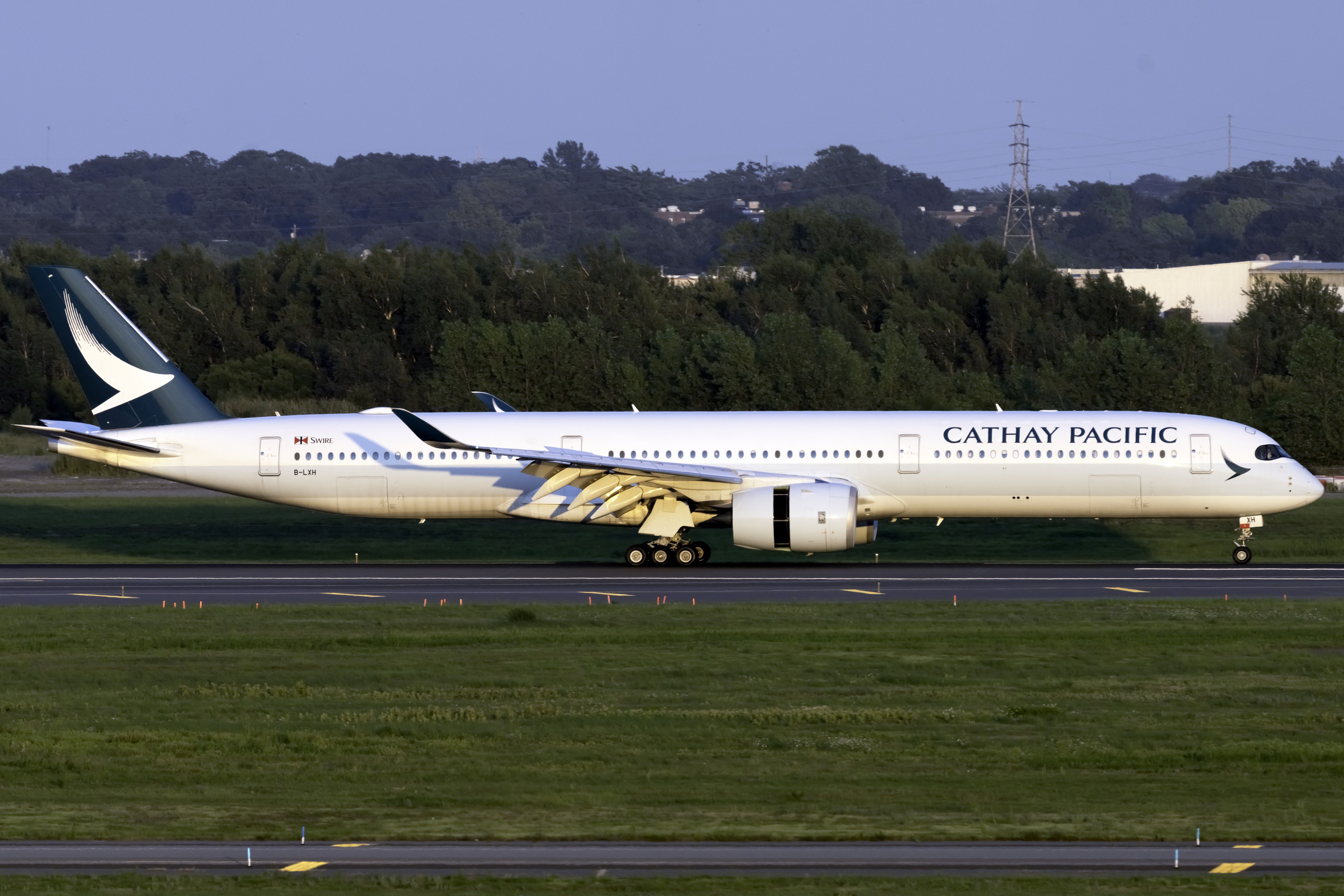Venkatram Mamillapalle, Country MD & CEO of Renault India, said the Delhi government’s push towards electric vehicles (EVs) is a step in the right direction, but the transition may be moving too fast for the industry. “Health and clean air must be top priorities. The air quality in Delhi is poor.
The government must take action, so moving towards EVs is the right step,” Mamillapalle said. However, he added that India still lacks the infrastructure needed to support such a rapid shift. “We need at least four to five years to make this change smoothly,” he said.

The Delhi government’s new EV Policy 2.0 proposes ending CNG auto-rickshaw registrations from August 15, 2025. After that, only electric auto permits will be issued.
It also suggests phasing out petrol, diesel, and CNG two-wheelers from August 15, 2026. Existing CNG autos will need to be either converted or replaced. Auto industry expert and former Nissan India MD, Arun Malhotra, said this will affect both two-wheelers and three-wheelers.
For three-wheelers, Delhi once led the way when CNG was introduced 20 years ago. EVs are even cleaner than CNG, so this shift is welcome. But we are not ready yet.
” Also Read | Electric vehicle adoption picking up, but still modest in key segments: FADA Malhotra pointed out that Delhi is the biggest market for three-wheelers, especially for passenger and load-carrying use. Electric three-wheelers for load-carrying are not available yet. And charging infrastructure is still limited.
So, making the switch by August 2025 is a big challenge, he explained. He added that while the move may get delayed or adjusted, it will push manufacturers to prepare — and that is a good thing. For two-wheelers, Malhotra said most electric vehicles today are scooters.
However, about two-thirds of the market is motorcycles, and EV motorcycles are not available yet. This won’t change much in one year, he warned. He also said companies that make CNG vehicles usually also make EVs, so they can ramp up EV production.
But the big question is how fast and how well that can happen. Also Read | Hinduja Group stands firm behind Ashok Leyland amid promoter pledge concerns, says CEO Mamillapalle emphasised the importance of considering the broader auto industry, especially after the recent BS6.2 emission norm upgrades.
The industry just adjusted to new emission rules. Add to that the shift from petrol and diesel to CNG, and now to EVs — it is a lot in a short time. “We need at least four to five years to make this change smoothly,” he said.
He also reminded that cars have a small role in Delhi’s air pollution, and many other causes need urgent attention too. For the full interview, watch the accompanying video Catch all the latest updates from the stock market here.
Technology

Delhi’s EV transition seen as the right move, but questions remain about readiness

Industry leaders agree that the EV policy draft is a step forward — but the timeline may need a second look. A strong plan, clear steps, and proper preparation are key for real success.















